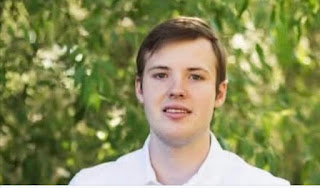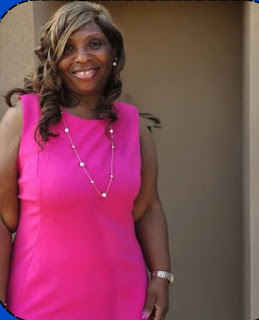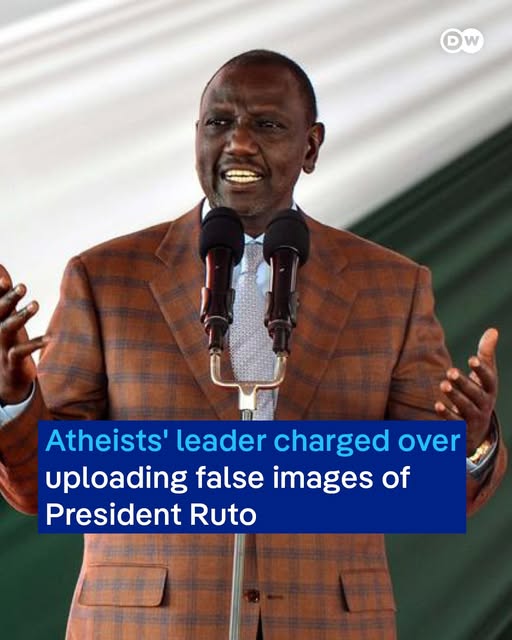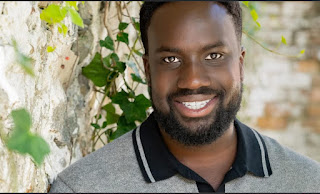
What’s unsettling about this death is how it exposes that quiet, aching gap between the people we see every day and the people we truly know. Garrison Horsley lived in Twin Falls, Idaho, and to most, he was simply part of the landscape—a familiar face on a familiar street, someone you waved to without thinking, chatted with in passing, or recognized from the grocery store aisle. But only now, in the wake of his death, is the depth of his presence coming into focus, and the community is realizing that the man they thought they *knew* had been quietly shaping their days in ways they never fully noticed.
Friends and neighbors are stepping forward with stories—small ones, mostly, but the kind that stitch together the real outline of a person’s character. Garrison wasn’t loud, flashy, or eager to be the center of anything. He stayed on the edges, not because he was withdrawn, but because he understood something many people don’t: presence doesn’t have to be performative.He listened when people spoke—really listened, with patience and without rushing them along.
He noticed when someone looked tired or overwhelmed and would show up with a rake, a shovel, or an extra pair of hands without calling it a favor or expecting gratitude. He remembered people’s routines, their worries, their kids’ names. He made eye contact. He asked how you were doing—and meant it.These traits, easily overlooked in life, become glaringly significant in death. The neighborhood feels different now, quieter in a way that isn’t comforting.
People are realizing that Garrison was a stabilizing force, the kind of steady, grounding presence that rarely gets recognized until it disappears.As Twin Falls mourns, they’re also reflecting—wondering how many other “background people” are quietly holding the world together. Garrison Horsley was one of them, and his absence is a reminder to look more closely at the quiet heroes among us.




